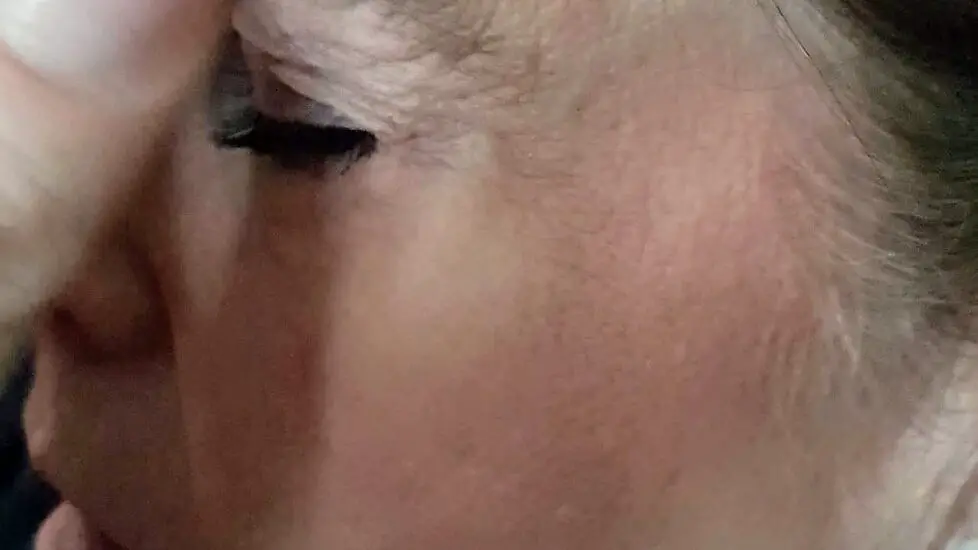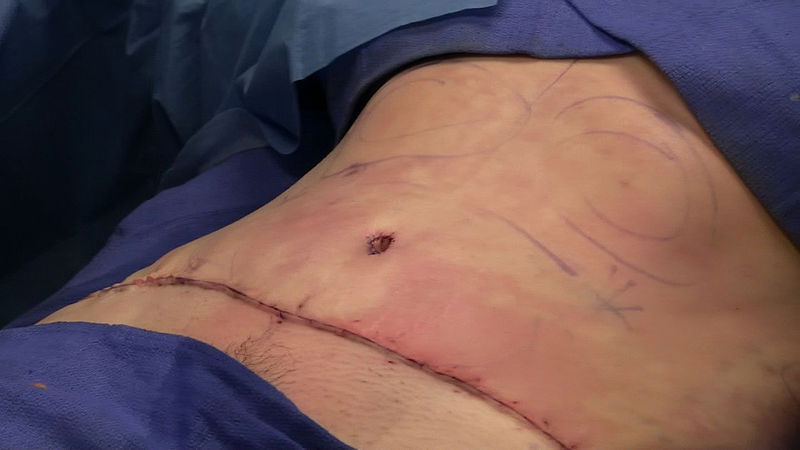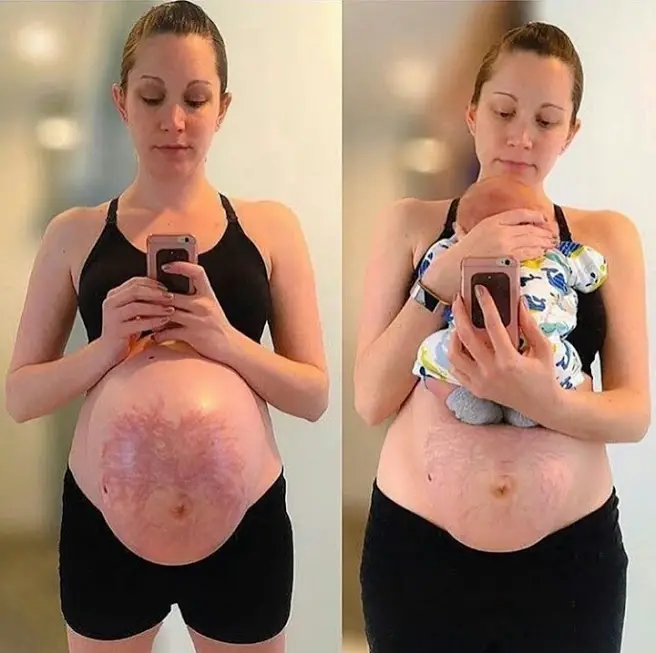“How long does it take for over exfoliated skin to heal?” Well, this article has a comprehensive answer to that question. Let’s get to it, shall we?

Table of Contents
The Healing Timeline: How Long Does it Take for Over Exfoliated Skin to Heal?
Addressing the concern of “how long does it take for over exfoliated skin to heal” demands a detailed understanding of the skin’s healing process.
Generally, skin takes between 2 to 4 weeks to recover from over-exfoliation. However, it is crucial to note that individual experiences may vary based on several determinants.
In this section, we delve into the intricacies of the healing timeline, highlighting the phases your skin undergoes as it recuperates, and offering advice on how to nurture your skin during this period.
Week 1: Immediate Response and Hydration
During the first week, your skin starts the immediate response to the damage. You may observe signs such as redness, peeling, and increased sensitivity.
It is a critical time to avoid any skincare products that contain irritants or chemicals that could exacerbate the condition.
Prioritize hydration by using a gentle, fragrance-free moisturizer to help soothe the skin and reduce irritation. Incorporate products with hyaluronic acid, which is known to retain water and aid in the skin’s hydration process.
Be extra gentle while cleansing and avoid scrubbing your face. [Source]
Week 2-3: Barrier Repair and Protection
As you move into the second and third weeks, the focus shifts to repairing the skin’s barrier and protecting it from external aggressors.
Sunscreen becomes your best friend during this period; choose a broad-spectrum sunscreen with a high SPF to shield your skin from harmful UV rays. [Source]
It’s also a time to nurture the skin with antioxidant-rich products to fend off environmental toxins. Including a vitamin C serum in your routine can be beneficial as it promotes collagen production, which is vital for skin repair.
It’s advisable to avoid makeup during this period to prevent further irritation.
Week 4: Regeneration and Monitoring
In the fourth week, your skin enters the regeneration phase, where new skin cells start to replace the damaged ones. You might notice a gradual reduction in redness and irritation.
It’s pivotal to keep monitoring your skin’s condition closely and adjust your skincare routine accordingly. Introduce mild exfoliating agents, if necessary, to aid in removing dead skin cells and encouraging healthy skin growth.
Products with ingredients like licorice root extract can help brighten the skin and reduce hyperpigmentation. However, always do a patch test before introducing any new product to your routine to ensure it doesn’t irritate your recovering skin.
Understanding the intricacies of the healing timeline will empower you to take strategic steps at every phase, nurturing your skin back to its healthy state.
The journey to recovery may seem long, but with the right knowledge and care regimen, you can expedite the healing process and regain vibrant, healthy skin.
Check out these other related articles…
Red Skin After Exfoliation: 3 Proven Remedies
How Long Does it Take for Exfoliation to Lighten Skin?
What Does Exfoliation Do to Your Skin: An Expert Breakdown
Care for Your Over-Exfoliated Skin
To foster rapid recovery, adopting a gentle skincare routine is key. Here are the steps to care for over-exfoliated skin:
Stop all exfoliating routines immediately to prevent further damage.
Hydrate your skin with fragrance-free moisturizers that contain ingredients like hyaluronic acid to help retain moisture. For example, this CeraVe Daily Moisturizing Lotion listed on Amazon contains hyaluronic acid and is perfect for dry and normal skin.
Avoid direct sunlight as much as possible and always wear a broad-spectrum sunscreen with a high SPF to protect your skin from harmful UV rays. You can try out this Neutrogena Ultra Sheer Dry-Touch Water Resistant and Non-Greasy Sunscreen on Amazon.
Be gentle when cleansing your skin, and opt for a mild, pH-balanced cleanser.
Use cool or lukewarm water instead of hot water to avoid aggravating your skin.


